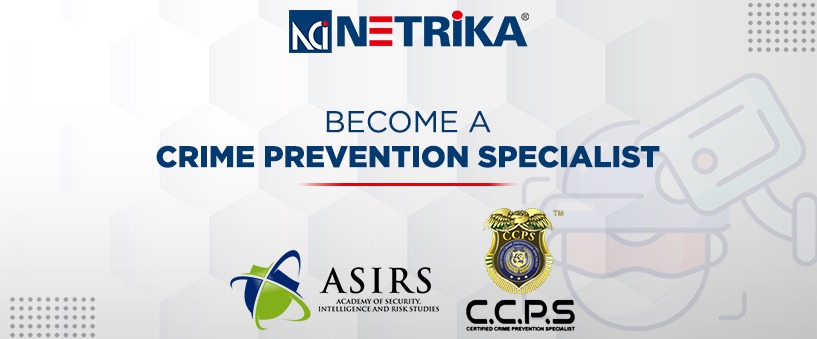
How To Become A Crime Prevention Specialist
Post Tags : Best Crime Prevention Specialist Certification Ccps Ccps certification Ccps courses ccps online courses Ccps Training Certified Crime Prevention Specialist crime certificate Crime Prevention Certification Online crime prevention classes crime prevention course Crime prevention courses crime prevention programs crime prevention security Crime Prevention Specialist Crime Prevention Specialist Certification crime prevention specialist job description Crime Prevention Training prevention specialist

